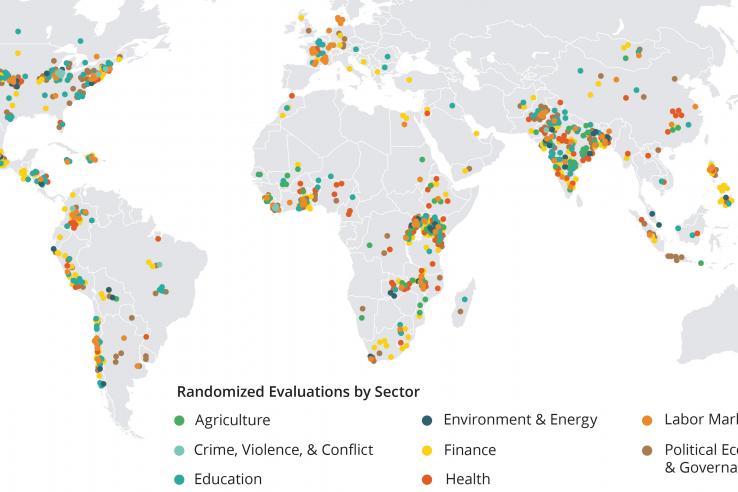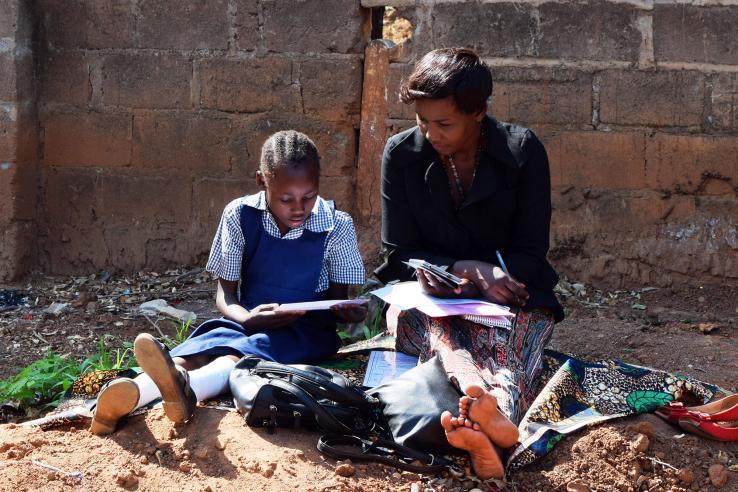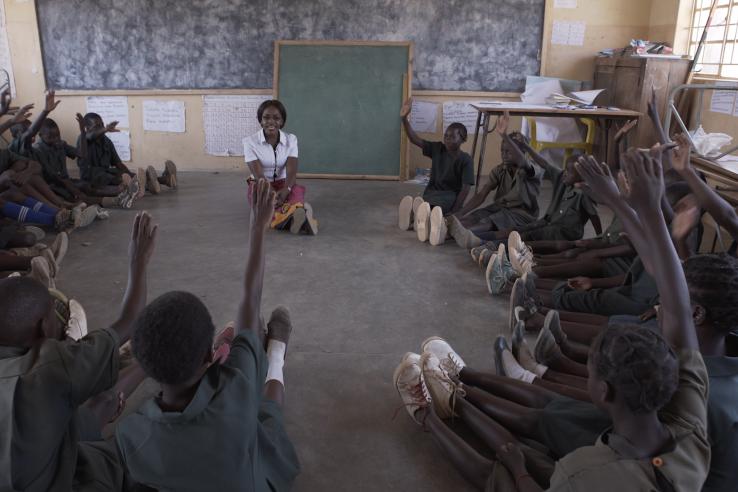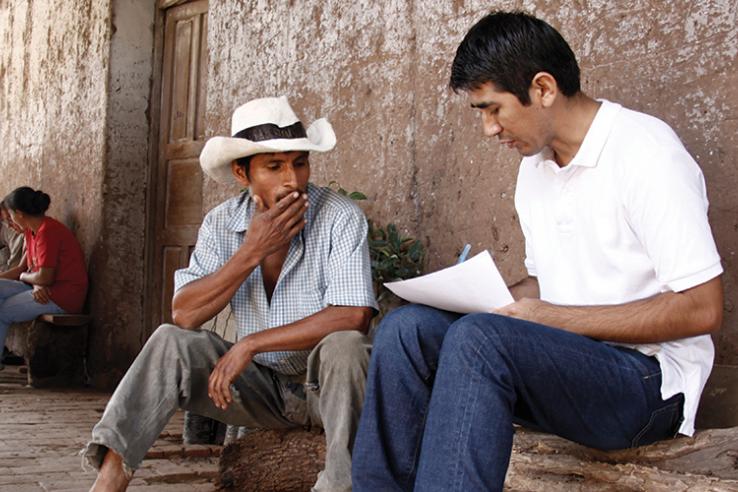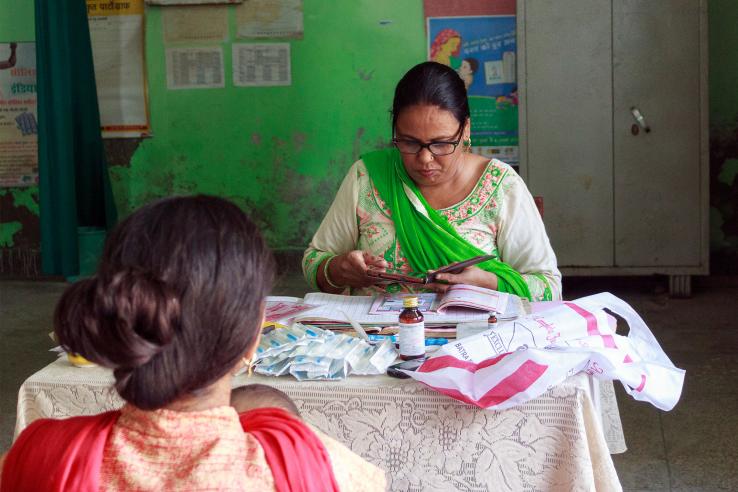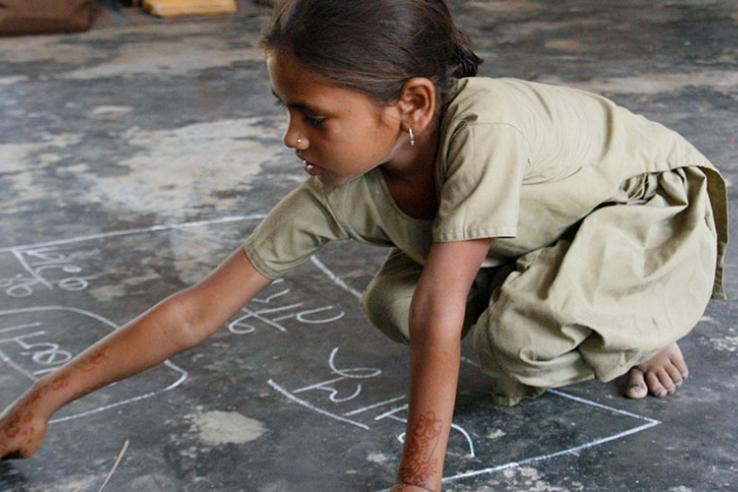Displaying 1906 - 1920 of 8339
Update
J-PAL Updates
J-PAL welcomes five new affiliates, Executive Director Rachel Glennerster announces her appointment as Chief Economist at DFID, and more in the latest newsletter.
Update
J-PAL Updates
This month's newsletter announces the blended master's degree combining online learning with a semester at MIT, shares a blog series on increasing girls' school participation, and more.
Page
Landing page
Update
J-PAL Updates
USAID's Development Innovation Ventures (DIV) program announced funding for J-PAL Africa, Pratham, and UNICEF/Zambia to work with the Zambian Ministry of General Education in a nationwide rollout of the Teaching at the Right Level (TaRL) Program.
Update
J-PAL Updates
Release: Abdul Latif Jameel Poverty Action Lab at MIT teams up with Egyptian organizations for Cairo event
Update
J-PAL Updates
USAID’s Development for Innovation Ventures (DIV) has announced Zambia’s Teaching at the Right Level (TARL) Programme as one of its 18 new investments. Among other partners, J-PAL, Pratham, Innovations for Poverty Action, and and UNICEF/Zambia will support the work hand in hand with the Zambian...
Update
J-PAL Updates
The UK Department for International Development (DFID) jointly awarded J-PAL and Innovations for Poverty Action (IPA) a US$16 million grant to generate new research on effective policies to promote peace and good governance, reduce crime, and support communities recovering from conflict, including a...
Update
J-PAL Updates
Announcing J-PAL's recruitment drive, a new grant for governance, crime, and conflict research, and more in this month's newsletter.
Update
J-PAL Updates
In the first newsletter of 2018, J-PAL South Asia looks back on ten years of research and policy as the organization at large looks forward to a new executive director and affiliated professors.
Update
J-PAL Updates
How does J-PAL support governments in using evidence to drive innovation and increase effectiveness? Find out how and read more stories in our newsletter.
Update
J-PAL Updates
In the March 2018 newsletter, J-PAL announces the new Gender sector, shares videos from classrooms implementing an evidence-backed pedagogical approach in Zambia, and more.
Update
J-PAL Updates
J-PAL North America’s new policy Briefcase summarizes evidence from randomized evaluations of summer youth employment programs in the United States, J-PAL welcomes four new affiliates, and more in...
Update
J-PAL Updates
J-PAL announces new library of Policy Insights, a partnership to expand access to higher education for refugees, and more
Research resource
This resource outlines steps to establish and build a strong working relationship with an implementing partner at the beginning of a randomized evaluation. Topics include questions to consider when developing a project scope, timeline, communications strategy, and formal agreements between...
Policy insight
Giving parents and students information about their educational performance or options often increases parental engagement, student effort, or both, leading to improved learning outcomes. Providing information is also typically a low-cost intervention.
